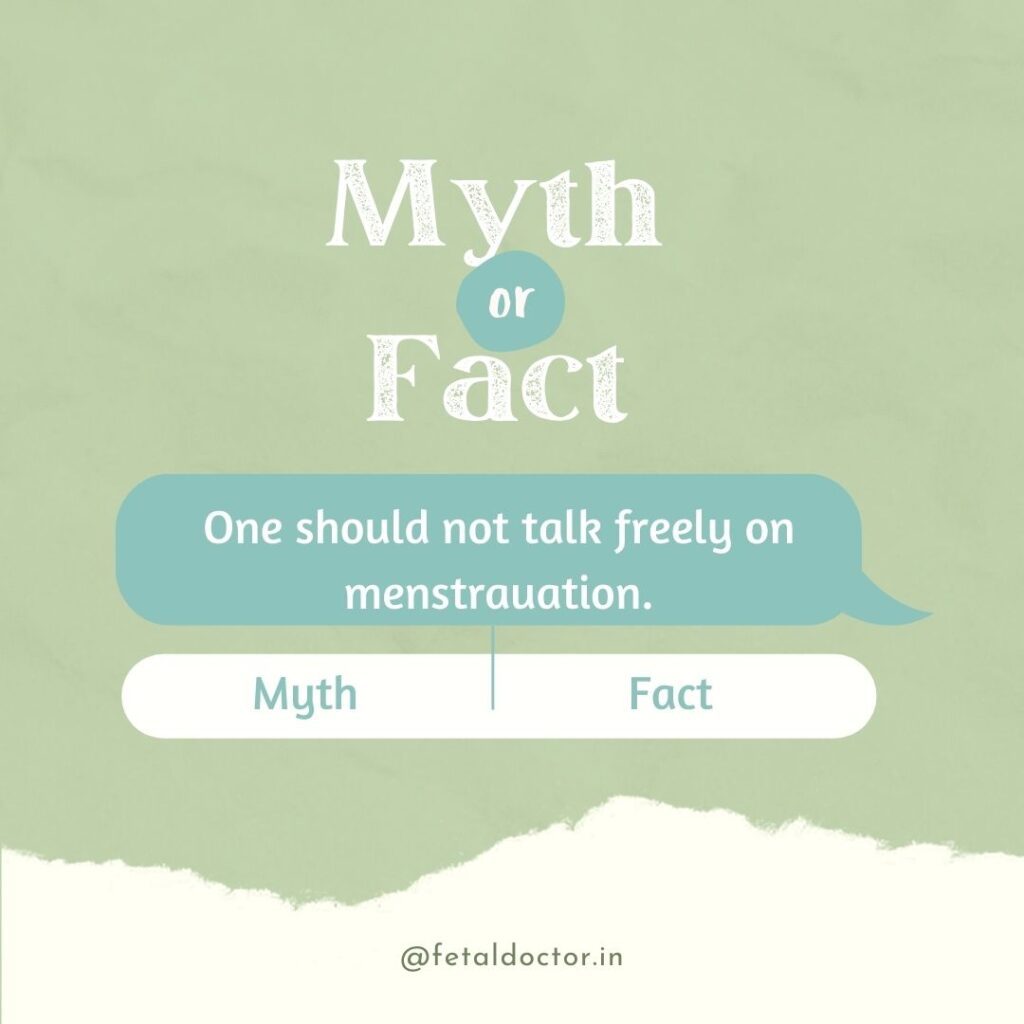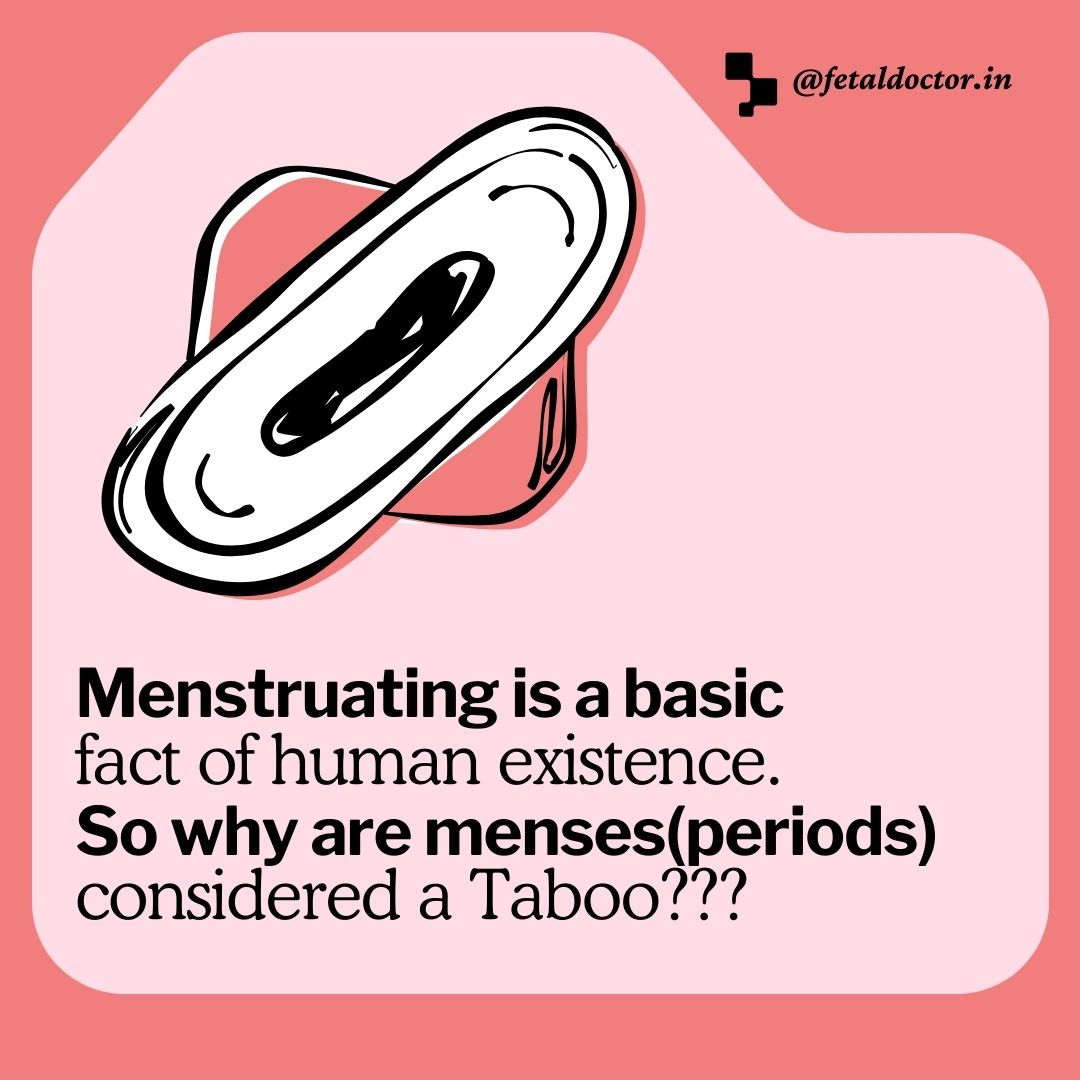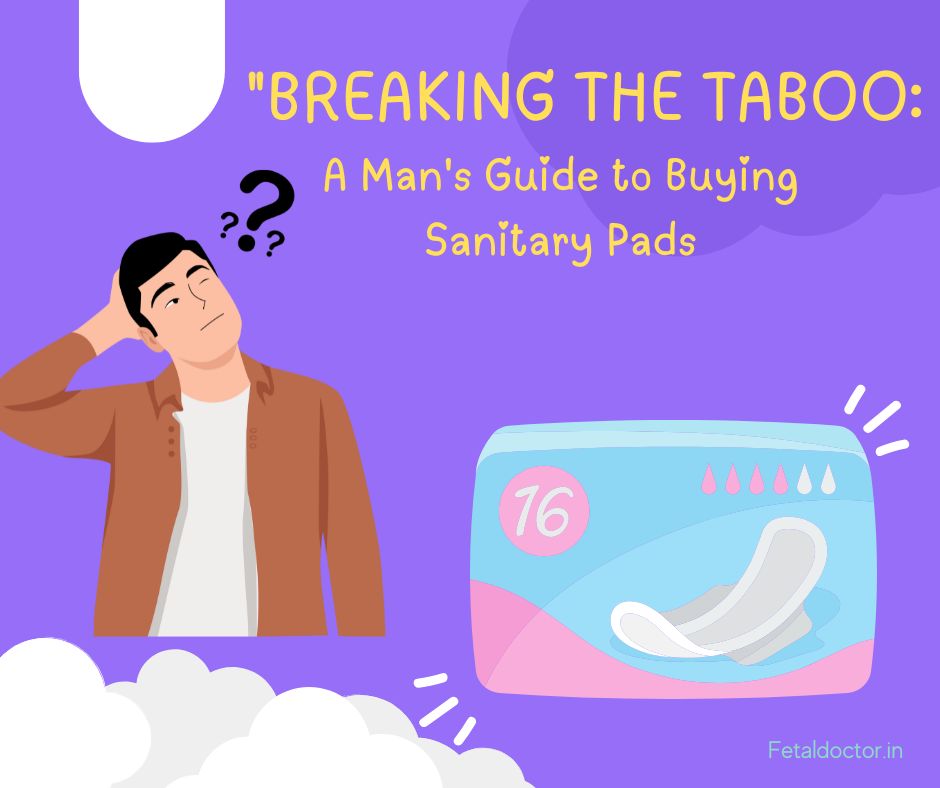
For centuries, menstruation has been surrounded by myths and misconceptions across cultures. While progress has been made in some areas, many of these outdated beliefs persist, contributing to stigma and inequality.
By addressing and debunking these myths, we can pave the way for better education, understanding, and support for menstruating individuals.
Here’s a look at some of the most common menstrual myths across cultures and why they need to change.
1. Menstrual Blood is Impure
In many cultures, menstrual blood is considered impure or dirty. This myth leads to practices such as isolating menstruating women, banning them from temples, or preventing them from preparing food. These restrictions often stem from a lack of understanding of the biological process of menstruation.
What Needs to Change:
Education about the science of menstruation can help dismantle the notion of impurity.
Menstrual blood is simply a biological discharge and has no bearing on a person’s cleanliness or purity.
2. Menstruating Women Shouldn’t Enter Religious Spaces
In various cultures, menstruating women are barred from entering places of worship or participating in religious rituals. This stems from the belief that they are unclean during their periods.
What Needs to Change:
Religious leaders and communities must re-examine such practices and encourage inclusive participation.
Modern interpretations should emphasize equality and respect rather than exclusion.
3. Menstrual Pain is Overstated
Many people believe that women exaggerate menstrual pain, dismissing their discomfort.
This leads to a lack of empathy and inadequate medical attention for conditions like dysmenorrhea or endometriosis.
What Needs to Change:
Recognizing that menstrual pain is real and can be severe is crucial.
Empathy and medical support should replace dismissal and skepticism.
4. Menstruation Makes Women Weak
Some cultures perceive menstruating women as weak or incapable of performing certain tasks. This belief can result in restrictions on work, physical activity, or education.
What Needs to Change:
Menstruation is a natural process and doesn’t define a person’s capability. Promoting menstrual health and access to sanitary products can empower women to participate fully in all activities.
5. First Periods Are a Sign of Womanhood
In some cultures, a girl’s first period is celebrated as a rite of passage into womanhood, often leading to early marriage or societal pressure to conform to adult roles.
What Needs to Change:
While cultural celebrations can be positive, they should not reinforce harmful practices like early marriage.
Education about personal agency and reproductive health is essential.
6. Avoiding Certain Foods During Menstruation
Myths about dietary restrictions during menstruation are prevalent, such as avoiding sour, cold, or spicy foods. These beliefs often lack scientific backing and can contribute to unnecessary anxiety.
What Needs to Change:
A balanced diet is vital during menstruation.
Dispelling these myths through nutritional education can ensure better health and well-being.
7. Menstruation Should Be Hidden
Many cultures encourage secrecy around menstruation, leading to shame and embarrassment. This stigma prevents open discussions about menstrual health and access to hygiene products.
What Needs to Change:
Normalizing menstruation as a topic of conversation is key.
Schools, workplaces, and families should foster open discussions to combat the culture of silence and shame.
The Bigger Picture: Breaking the Cycle of Stigma
Menstrual myths not only perpetuate stigma but also hinder progress in achieving gender equality. They can lead to poor menstrual hygiene, limited opportunities for education and employment, and psychological stress for menstruating individuals.
How Men Can Help
- Educate Themselves: Learn about menstruation and its myths to understand the challenges faced by women and girls.
- Speak Up: Challenge stereotypes and myths when they arise in conversations.
- Support Access: Advocate for affordable and accessible menstrual products in communities.
- Encourage Dialogue: Foster open discussions about menstruation in families and workplaces.
Conclusion
Breaking down menstrual myths requires collective effort, cultural sensitivity, and education.
By addressing these misconceptions, we can build a world where menstruation is viewed as a natural and normal part of life, free from stigma and shame.
It’s time to challenge the status quo and create a future where menstruating individuals can thrive without barriers.

